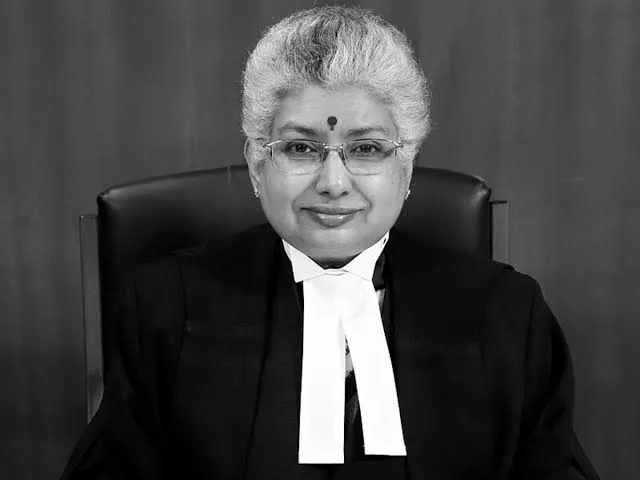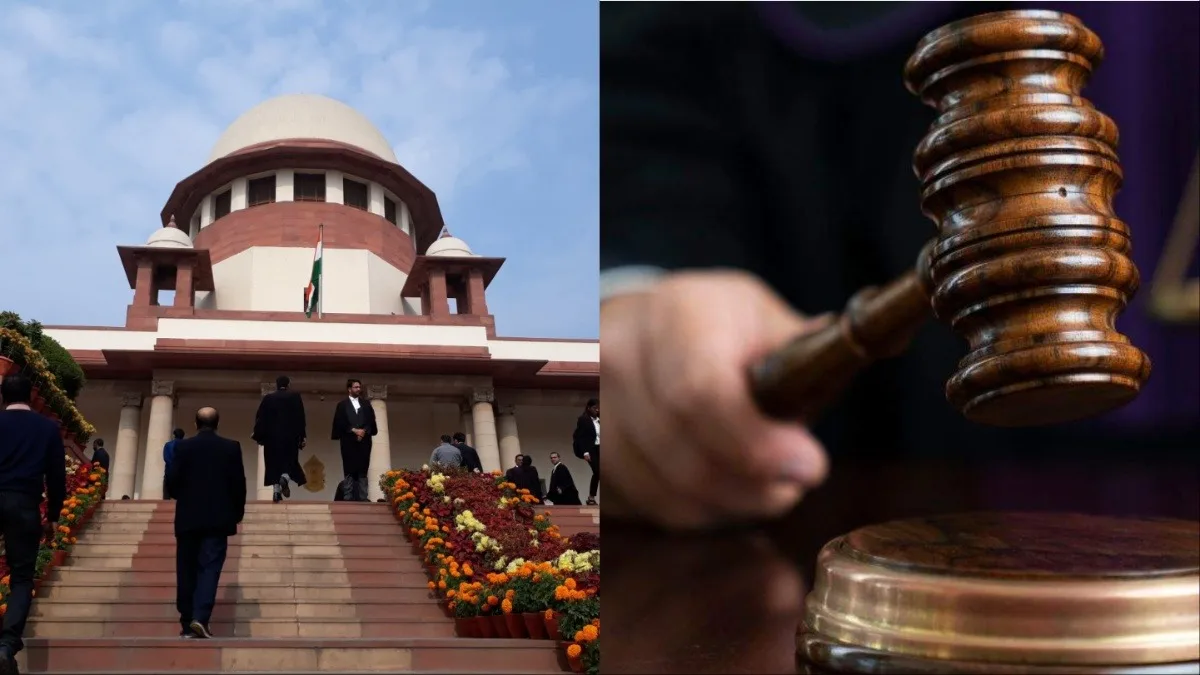The Supreme Court on Tuesday raised concerns over the Madhya Pradesh High Court’s decision to sack a woman civil judge for low case disposal, pointing out that her physical and mental trauma following a miscarriage was not considered in the decision. The court emphasised that the dismissal seemed to ignore the challenges she faced, both personally and professionally.
Justice BV Nagarathna, while hearing a suo motu petition regarding the dismissal of six women civil judges in Madhya Pradesh, made a pointed observation. “I wish men had menstruation, then only they would understand,” she remarked, drawing attention to the gender-specific challenges faced by women in the judicial system. The top court had intervened earlier in September, leading to the reinstatement of four of these judges.

According to records presented by HC advocate Arjun Garg, the dismissed judge, Sharma, saw a significant decline in her performance evaluations. After receiving “very good” and “good” ratings in 2019-20, her assessments dropped to “average” and “poor” in subsequent years. By 2022, Sharma had about 1,500 pending cases with a disposal rate of less than 200. Her record showed 44.16 units for civil cases and 269 units for criminal cases.

Sharma had informed the High Court that her decline in performance was a result of personal and health-related difficulties. In 2021, she suffered a miscarriage, followed by her brother’s cancer diagnosis. Justice Nagarathna, who was hearing the case along with Justice N Kotiswar Singh, criticized the criteria for judging judicial officers, suggesting that such targets should not apply exclusively to district judiciary. “Let there be the same criteria for male judges and judicial officers. We will see then,” she remarked.

Senior advocate Indira Jaising, representing Sharma, argued that her client had an exemplary record until personal and professional challenges impacted her performance. She suggested that complaints against Sharma were rooted in professional and personal rivalry.
Amicus curiae Gaurav Agarwal highlighted that Sharma’s 2022 annual confidential report was recorded by Anuradha Shukla, a district judge who later became a principal district judge and is now a judge at the Madhya Pradesh High Court.
The Supreme Court sought clarifications from the Madhya Pradesh High Court on the criteria used for terminating civil judges and scheduled a further hearing for December 12. The dismissed judicial officers have argued that their termination violated their fundamental rights under Articles 14 (right to equality before law) and 21 (right to life and personal liberty).



